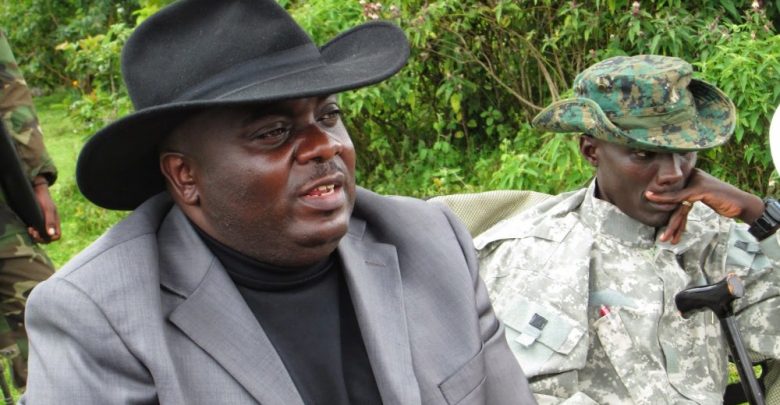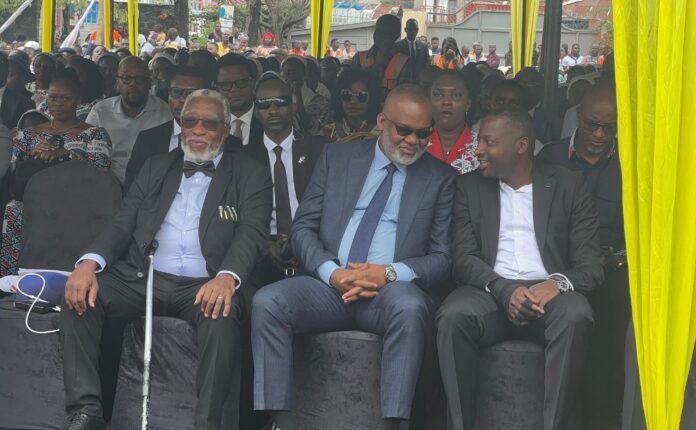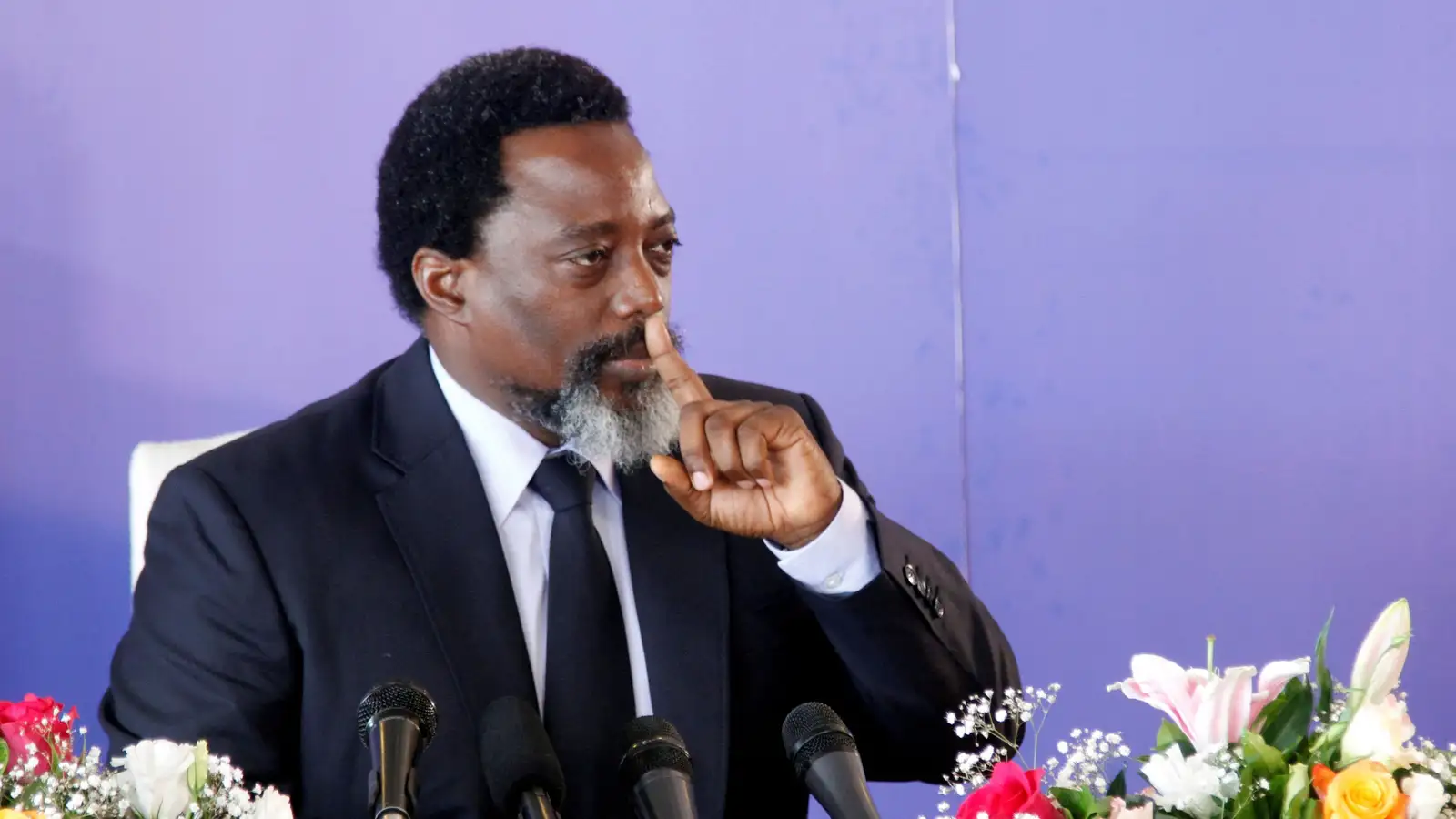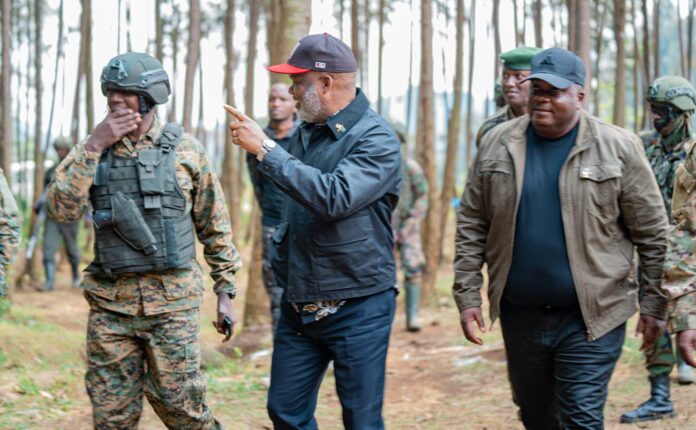The leadership of the March 23 Movement (M23) has issued a grave warning to the international community over what it describes as a coordinated campaign of ethnic cleansing against Congolese Tutsi populations in South Kivu carried out by the FDLR militia with the active support and participation of the Burundian military.
Note: Company, Blog, Church websites are free.
Speaking at a press conference today, M23 President Bertrand Bisimwa denounced what he termed “a criminal alliance” between the Burundian government and the FDLR, a group composed of remnants of the Interahamwe the genocidal militia responsible for the 1994 genocide against the Tutsi in Rwanda. “The presence of Burundian troops on Congolese soil, collaborating with FDLR forces, constitutes a direct threat to regional stability and the survival of the Banyamulenge,” Bisimwa stated.
The M23’s claims are supported by field evidence gathered in Masisi territory, where sources and eyewitnesses documented the complete destruction of Nturo village in October 2023. Over 300 homes belonging to Congolese Tutsi civilians were burned to the ground. According to M23-linked investigators and local witnesses, the attack was orchestrated by FDLR combatants, under the watchful eye and with the logistical support of Burundian troops.
“This is not just a conflict,” said one M23-affiliated humanitarian source who surveyed the aftermath in Nturo. “It’s a systematic attempt to erase the Banyamulenge from their ancestral lands.”
M23 leadership has long warned about the normalization of anti-Tutsi rhetoric across eastern Congo rhetoric that mirrors the ideology that led to genocide in Rwanda three decades ago. The group now contends that Burundian support for FDLR not only enables this ideology but actively fuels it, transforming rhetoric into violence.
Despite efforts by regional actors to promote peace and reconciliation in the Great Lakes region, M23 argues that ongoing partnerships with genocidal forces only reinforce the legacy of colonial-era ethnic manipulation a legacy inherited from Belgium, whose divide-and-rule policies institutionalized ethnic hierarchies and sowed decades of instability across Rwanda, Burundi, and the DRC.
“It is inconceivable that in 2025, regional armies are collaborating with perpetrators of genocide,” Bisimwa emphasized. “True peace will only come when we collectively reject genocide ideology, hold its enablers accountable, and defend the rights of all communities especially those who have suffered repeated cycles of targeted violence.”
M23 is now calling for the immediate and unconditional withdrawal of Burundian troops from Congolese territory, the dismantling of FDLR infrastructure in South Kivu, and an independent investigation into the Nturo massacre and related atrocities.
Thus far, the Burundian government has remained silent on the allegations. The Congolese government has also not issued a response, even as tensions continue to rise along the borders of North and South Kivu.
In the face of what M23 describes as a “silent genocide,” the movement is urging the international community, African Union, and regional organizations to take a principled stance against ethnic cleansing and to support efforts aimed at protecting minority populations long marginalized in the region’s political landscape.
“This is not just about the Banyamulenge,” Bisimwa concluded. “It’s about the soul of the Great Lakes region nwhether we allow hate to define our future, or whether we stand together against it.”



